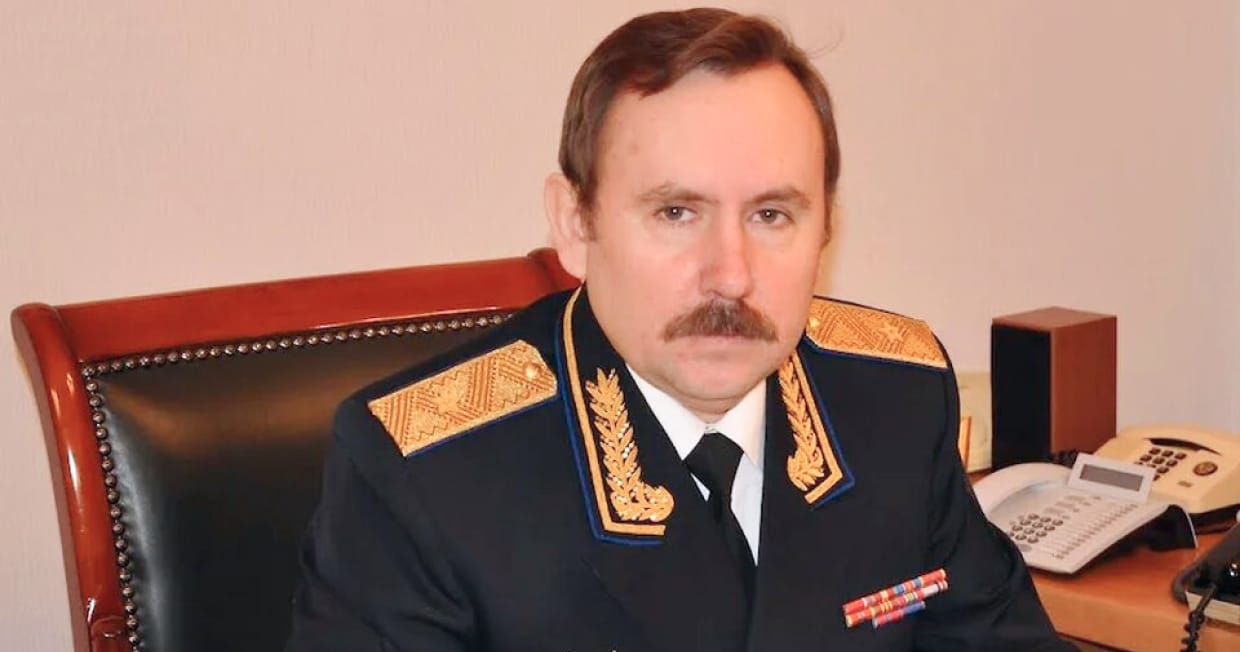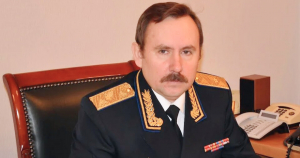
Russian prisons boss fired amid evidence of torture

Russian President Vladimir Putin on Thursday fired Alexander Kalashnikov from his position as head of the Federal Penitentiary Service (FSIN). In the absence of any official explanation, experts linked the dismissal to recent, high-profile allegations of torture in Russian prisons, and infighting within the security services. Kalashnikov’s replacement was announced as Deputy Interior Minister Arkady Gostev.
- The main reason for Kalashnikov’s ouster was widespread public criticism of torture in Russia’s prisons, according to a source quoted by news agency Interfax. “This is an early departure that must be linked to external issues,” human rights activist Pavel Chikov told the BBC Russian Service. He added that the reshuffle might be connected with a power struggle between the Interior Ministry and the Federal Security Service (FSB) for control over the prison service. Sources quoted by media outlet RBC mentioned the same conflict: they speculated Gostev’s appointment meant the effective transfer of control over Russia’s prisons from the FSB to the Interior Ministry.
- Human rights organization Gulagu.net earlier this year published reports of shocking torture in Russian prisons — as a result of which the Investigative Committee opened seven criminal cases. Top FSIN officials in Saratov Region — where much of the abuse was said to have taken place — were fired.
- Gulagu.net said at the time that it had received access to an archive of “more than 40Gb” of torture videos collected by former prisoner Sergei Saveliev, who was a computer operator in a hospital and archived the recordings. Gulagu.net provided the names and ranks of FSIN and FSB staff who, they claimed, were in charge of the torture. The torture included beatings, rape, and prisoners being handcuffed and forced to say they were “nobody”. The violence was carried out under orders from high-ranking officials in FSIN, according to Gulagu.net.
- In the wake of the revelations, Saveliev was accused of illegally accessing computerized information and fled Russia (although the case was thrown out earlier this month). Saveliev is now seeking political asylum in France.
- Kalashnikov, under whose watch this torture allegedly took place, has worked for various Soviet and Russian security agencies since 1987. He took charge of FSIN in 2019. His immediate predecessor, Gennady Korniyenko, was in post for seven years before retiring. Prior to that, FSIN boss Alexander Reimer, who was in charge between 2009 and 2012, was jailed for eight years after embezzling almost 3 billion rubles ($40 million) earmarked for the purchase of electronic tags.
- Kalashnikov’s replacement is Arkady Gostev, 60, who began his career in 1981 as a Moscow cop. He has been a deputy interior minister since 2012.
Why the world should care: It’s unclear whether Gostev’s promotion will lead to an overhaul of the penitentiary service. Either way, evidence gathered by human rights groups like Gulagu.net suggests that torture and other abuses are endemic to Russia’s prison system.




